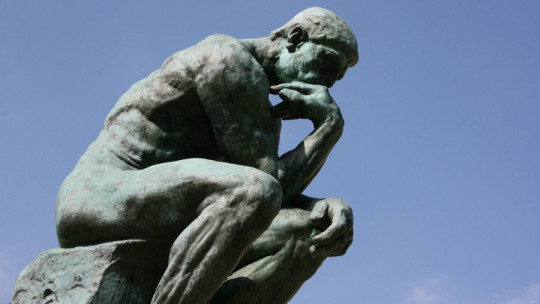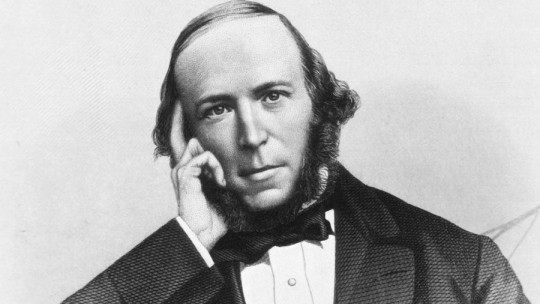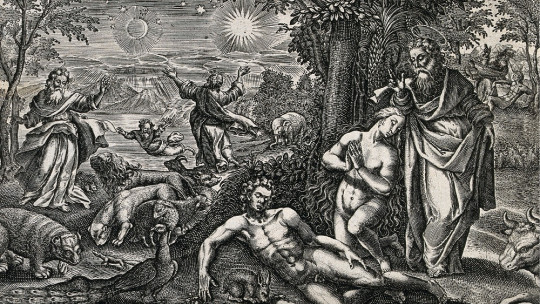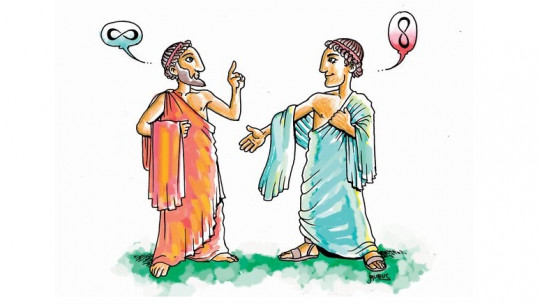What is a law? And a theory? What do theorems consist of? These concepts are handled daily in academic settings, institutes and universities, but sometimes we are not clear about what the differences are and what each of them means. Are theories and laws irrefutable? What is a theorem based on to be considered such?
In this article we explain the meaning of concepts such as law, theory and theorem, and what their main differences are.
What is a theorem?
A theorem is made up of a proposition or statement whose validity or “truth” can be demonstrated within a logical framework and from the inclusion of axioms or other theorems that have been previously validated or demonstrated.
Axioms or axiomatic sets are propositions or statements so obvious that it is considered that they do not need any demonstration to be considered valid. For example, when we want to play a game of chess, the rules of this game constitute an axiomatic system, since both participants take their validity for granted without it being questioned at any time.
In order to consider a theorem valid, it must be demonstrated through a procedure and rules of inference, which are used to deduce from one or more premises (statements or ideas that serve as a basis for reasoning and a subsequent deduction), a valid conclusion. However, until a statement is proven, it is defined as a hypothesis or conjecture.
In mathematics, for example, a theorem is proven true by applying logical operations and arguments One of the best known, the Pythagorean theorem, states that in any right triangle (one that has an angle of 90º) its hypotenuse (the longest side) can be calculated in relation to the value of its legs (the sides that form the 90º angle).
What is a theory?
A theory is a system of logically structured knowledge, established from a set of axioms, empirical data and postulates , whose objective is to record under what conditions certain assumptions are generated; that is, trying to describe, explain and understand a part of objective reality or a particular scientific field.
Theories can be developed from different starting points: with conjectures, which are assumptions or ideas that do not have empirical support, that is, they are not supported by observation; and the hypotheses, which are supported by different observations and empirical data. However, a theory cannot be inferred solely from one or several axioms within a logical system, as is the case with theorems.
The function that a theory plays is to explain reality (or at least part of it), answer basic questions (such as what, how, when or where the phenomenon that we are trying to understand and explain occurs) and to order said reality. into a series of understandable and accessible concepts and ideas.
The set of rules that constitute a theory must be capable of describing and predicting the behavior of a specific system For example, Charles Darwin’s theory of evolution explains how living beings have a specific origin and slowly change and evolve, and how these changes cause different species to emerge from the same ancestor, in what he came to call natural selection.
In science, theories are built using the hypothetico-deductive system or method, which is made up of the following steps:
Law: definition and characteristics
By law we understand a rule, a norm or a set of norms, which describe the relationships that exist between the components that intervene in a phenomenon or a specific system. Although in popular culture it is common to think that laws are some kind of universal and absolute truths (above theories), this is not exactly the case.
Laws, in the field of science, must be invariable rules (which cannot be modified), universal (which must be valid for all elements of the phenomenon they describe) and necessary (which must be sufficient by themselves to describe the phenomenon). in question). However, a law is considered as a particular rule, present in all theories (hence its universality), not as a higher-ranking assumption.
For example, in a science like physics, there are multiple theories that explain certain phenomena and realities; the theory of quantum mechanics (which explains the nature of the smallest), the theory of special relativity or the theory of general relativity (both necessary to explain the nature of the largest). All of them share a law in common: the conservation of energy, as a particular and universal rule in the three theories.
With everything, Laws maintain their provisional status and can be refuted since in science there is nothing absolute or written in stone, and any statement, whether a theory or a law, can be dismantled with the necessary evidence and pertinent demonstration.
Differences between theorem, theory and law
The differences between the concepts of theorem, theory and law may be somewhat diffuse, but let’s look at some of them.
Regarding the difference between a theorem and a theory, it is worth noting the following: while the theory can be defined based on a pattern of natural events or phenomena that cannot be proven using an axiom or a set of basic statements, the theorem is a proposition of an event or phenomenon that is determined from a group of axioms, within a logical framework or criterion.
Another subtle difference between theory and law is that, although both are based on hypotheses and empirical data, The theory is established to explain an observed phenomenon, while the laws seek to describe said phenomenon For example, Kepler mathematically described the movement of the planets in their orbits around the sun, formulating the already known Kepler’s Laws; However, these do not provide an explanation of planetary movements.
Finally, it is worth noting a basic difference between the concepts of theorem and law, and that is that the theorem is composed of provable propositions (through axioms, in a logical system); and, for its part, a law is a series of established, constant and invariable rules, based on observations and empirical data that can be validated or refuted.









